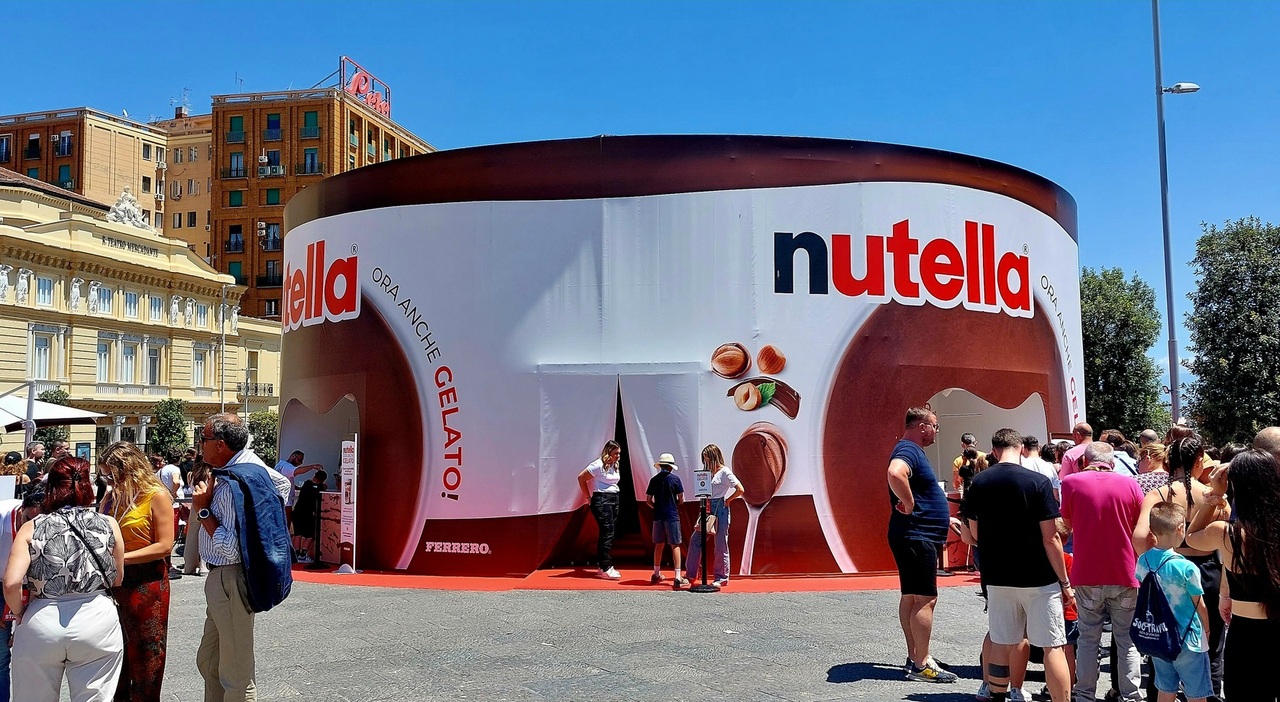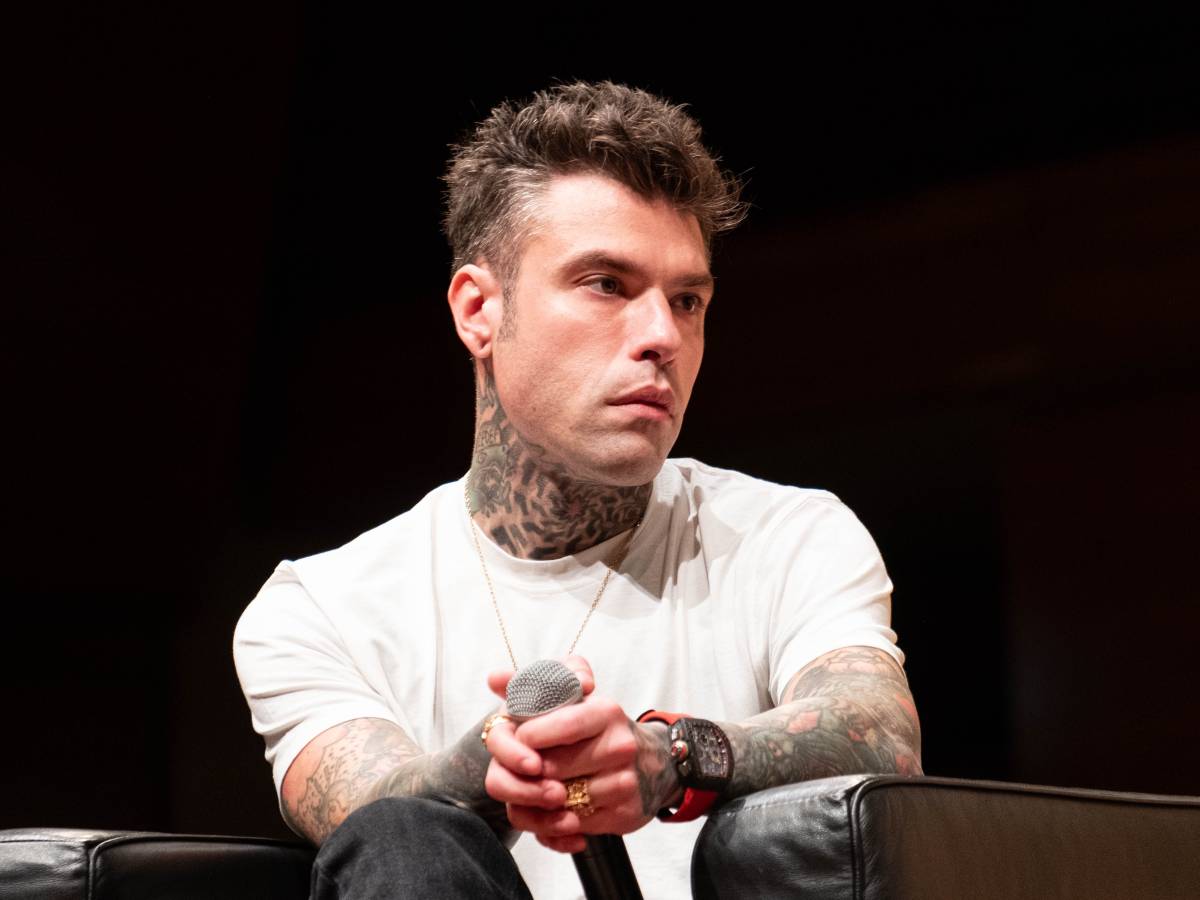#Putin #began #loosen #chains #Kim #Jongun
With the operation of the UN Security Council (UNSC). there are a million problemsand due to the lack of agreement between the five permanent members with veto power – the United States, China, Great Britain, France and Russia – it is not really suitable for solving today’s international crises in the vast majority of cases.
At the same time, in the past three decades, there have been some cases where everyone was able to put aside differences of interest and opinions to some extent, and the international community moved in roughly the same direction. This was the case, for example, with the sanctioning of North Korea’s nuclear and missile weapons program: even Russia and China voted to limit the military ambitions of the Pyongyang regime. Although doubts arose in the case of both countries regarding the strictness of the sanctions, keeping the North’s nuclear arsenal under control was broadly considered a cause to be supported in both Beijing and Moscow.
This is the situation after the Russian aggression in Ukraine has changed radically. Russia due to the heavy ammunition requirements of the artillery standing war – and the lack of alternative suppliers
- began importing North Korean weapons and ammunitionwhich he pays for in oil, in apparent violation of the trade and arms embargo on North Korea.
- He vetoed the adoption of new UN sanctions,
- prevented the renewal of the mandate of the expert committee supervising compliance with sanctions,
- and also raised the issue of sanctions.
As a result, the war in Ukraine, in addition to the rearrangement of the European security system, also brought significant changes in East Asia and in the field of global action against the spread of nuclear weapons, and it also indicated that even small but important sub-areas of superpower cooperation are increasingly difficult to maintain today.
Ammunition, rockets
North Korea was able to start munitions shipments to Russia last August, and in February the South Korean Defense Minister he said, that Pyongyang shipped 6,700 containers to ports near Vladivostok, the eastern terminus of the Trans-Siberian Railway. According to southern intelligence, these could hold three million 152 mm artillery pieces or half a million 122 mm ammunition, or a combination of the two. The United States according to in total, there are more than ten thousand containers of munitions, for which 9 thousand Russian containers arrived as payment, mostly loaded with food.
In addition to artillery ammunition, North Korean missiles also appeared on the Ukrainian battlefield.
Between December last year and February this year, the remains of at least 50 North Korean missiles were collected by local authorities, which are currently being investigated. The Russian deployment of North Korean missiles was also confirmed by the UN observers monitoring the enforcement of the sanctions imposed on the Pyongyang regime, their internal report obtained by at the end of April according to a North Korean ballistic missile of the Hwasong-11 or KN-23 type was identified near Kharkiv in early January from collected wreckage.
The reliability of the North’s missiles is quite poor, according to Ukrainian estimates, half of them deviated from their designated trajectory and exploded in the air. The situation is similar with artillery ammunition, which also has roughly half it did not explode according to Ukrainian sources.
At the same time, this does not necessarily mean that the North’s weapons are worthless to Moscow: the large number of launches will overwhelm the Ukrainian air defenses and deplete the missile reserve of the much more expensive Western systems, as well as increase Russian artillery superiority. South Korean researchers according to Pyongyang has set aside another hundred Hwasong-11s for the Russians after it would be happy to exchange part of its missile arsenal for money.
It is perhaps not surprising that North Korea’s acquisition of missiles and ammunition is in sharp contradiction to the sanctions imposed on the country by the UN Security Council in 2006, by the joint decision of the permanent members, and further tightened in 2009 and 2015. arms embargo.
Pursuant to the three resolutions of the UN Security Council, the trade of all major weapons and munitions, as well as the provision of related technical assistance, training, and advice to Pyongyang, is generally prohibited. The dates of the resolutions are not accidental: each step was in response to a North Korean nuclear test and sought to limit the North Korean regime’s sources of income and prevent its access to foreign weapons and technology.
Oil matters
According to the signs, the Russian payment in exchange for weapons is also becoming more and more significant, and is taking a form that is in stark contrast to the sanctions. In addition to food aid, the Russians last year received South Korean intelligence according to they provided technical assistance to the North Korean satellite program, and this spring, oil shipments also started between the two countries.
Analysis by the UK’s Royal Defense Research Institute (RUSI). according to in March, Russia began exporting oil directly to North Korea. Based on satellite images, North Korean tankers took on oil at least six times in the Russian Far East, near Vladivostok, in the port of Vostochny.
Under the sanctions that have been in place since 2017, the UN Security Council has limited the country’s oil imports to 500,000 barrels per year, far below North Korea’s needs, in order to curb Pyongyang’s military capabilities. According to RUSI’s estimates, before the start of Russian deliveries in March, imports in 2024 stood at roughly 170,000 barrels, since then it could have increased to around 350,000; members of the United States delegation to the United Nations according to in March alone, 165,000 barrels of oil changed hands in Vostochny. Since then, North Korean tankers – which are the largest of the country’s fleet – have been regularly visiting Russian ports to refuel.
The smuggling it has flourished so far, according to research following the enforcement of sanctions, between 2020 and 2022 North Korean imports were well over half a million barrels each year. A significant part of the smuggling took place with the help of Hong Kong and Macao entities, and China has not been particularly active in dealing with them, i.e., in practice, the political commitment to complying with the sanctions has never been complete.
But the cost and logistical challenges of smuggling have severely limited North Korea’s options. Ko Muhjon, an expert at South Korea’s state-run National Security Strategic Research Institute according to Pyongyang has had to pay a high premium for oil products over the past seven years after being reliant on complex and expensive smuggling networks and, lacking access to foreign ports, typically forced to procure oil above its quota by transshipment at sea.
They don’t want to check
Russia of course he denies it these claims, according to RUSI’s information, were obtained out of thin air, Moscow is a supporter of common interests with North Korea, but as a permanent member of the UN Security Council, it “pays special attention to the problems related to the peace and security of the Korean Peninsula and to the observance of the decisions of the UN Security Council aimed at reducing threats “.
Although in 2024 it may not surprise anyone except the members of the Hungarian government that it is difficult to reconcile Moscow’s communication with the perceived reality, the same is true of Russia at the end of March in the BT (Chinese abstention, with 13 yes votes).
vetoed it the extension of the mandate of the panel of experts overseeing compliance with the North Korean sanctions regime, which expired on April 30.
This board reports twice a year to the BT on the operation of the sanctions system, this was the panel that confirmed the Russian introduction of North Korean missiles before the end of its mandate, and in its report published in February, the damage caused by North Korea, which caused three billion dollars aggregated cybercrimes. In the past, expert reports have played an important role in monitoring North Korea’s weapons program, as well as in intercepting smuggling and plugging loopholes in the sanctions regime. The board’s reports functioned on a consensus basis, i.e. their findings had to be approved by both the Chinese and Russian members. This was also the case with their latest reports, against the accusations of the Russian foreign ministry.
With the end of the expert panel’s mandate, the Swiss president of the sanctions monitoring committee asked the member states to support the monitoring of the system by providing voluntary data.
The Russians, of course, claimed that all this was justified by the fact that the group was spreading “misleading Western information based on low-quality photos”. South Korea’s UN ambassador, on the other hand, described the situation as someone trying to destroy a surveillance camera after being caught.
They would cut Kim Jong-un’s chains
Behind the veto are more serious Russian desires than the violation of sanctions. In recent years, despite the clear development of North Korea’s missile program, Russia and China have rejected further tightening, and before the vote in March this year, they proposed that the sanctions regime imposed on Pyongyang be maintained – in addition to the four resolutions mentioned above, six more, i.e. out of a total of ten BT resolutions stands – it must be extended annually in BT.
BT decisions are valid for an indefinite period of time, hence previously adopted punitive measures are valid until they are revoked – and since revocation again only requires the consent of the five permanent members, including, for example, the United States, their lifting is not realistic.
In practice, the Russian-Chinese plan would mean that Moscow could veto the maintenance of the entire sanctions system at will.
Of course, the other members of BT will never vote for this, but as the dissolution of the panel also indicates, Russia is trying to weaken the isolation of North Korea by all other means.
A small number of bilateral and plurilateral (jointly adopted by a small group of countries) sanctions are also in force against Pyongyang, including the United States, South Korea, Japan, Australia and the European Union since 2022. brought coordinated financial sanctions with some of the leaders and servants of the Pyongyang system, including in smuggling and in cyber attacks against interested entities. At the same time, the global reach of the UN Security Council resolutions played an important role in the fact that North Korea was only able to garner moderate support from the state and non-state actors fishing in the confusion in recent years.
In the case of such sanctions, the popular view in Western politics is that they harm the people more than the regime, and that there is little point in maintaining them – and so does the Russian UN delegation came up with this during the debates of the past months. The North Korean system, however, in recent decades demonstrated quite a few timesthat it uses its surplus resources not to solve the economic and humanitarian catastrophe, but to arm itself.
For Kim Jong-un and his late ancestors in solving hunger is always more important was the development of nuclear weapons and missiles, with which they try to guarantee the security of their regime against their perceived and real enemies. And these include not only America: due to its unilateral dependence, China, which supports the regime, also appears as a potential threat in North Korea’s geopolitical thinking based on radical self-sufficiency. In recent years, since the coronavirus epidemic, also on the permeability of the Chinese border significantly squeezedand they do not show particular openness to international aid either.
“There are certainly debates about the effectiveness of sanctions, but now we can see what would happen if sanctions were lifted. North Korea received significant support” – commented RUSI researcher Joseph Byrne describes the situation.
The case of North Korean sanctions also indicates that Russia (and behind it China) is willing to make the world pay a heavy price for minimal military gains in order to satisfy its geopolitical appetite.
Preventing the spread of nuclear weapons and, in particular, limiting the mass destruction capabilities of systems like North Korea, which follow a specific form of rationality, have opaque inner workings and often threaten their environment, have been a fairly solid basis of great power policy since the Second World War – if for no other reason than that. also, because the nuclear powers do not like competition. In this regard, Moscow is now deciding on new taboos, which may have long-term effects that are difficult to foresee in East Asia and beyond.










